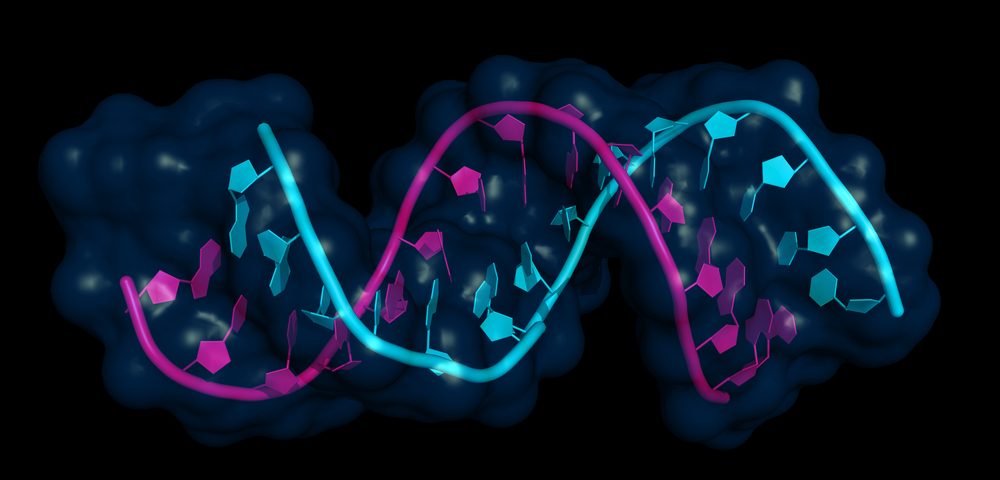Excess weight is an established risk factor for developing type 2 diabetes, yet many obese people don’t develop the condition. Now, researchers at the Karolinska Institute in Sweden and the Institute of Health and Medical Research (INSERM) in France have identified a protein that may account for these differences in susceptibility for developing diabetes.
The findings were published in the journal Nature Medicine in the study titled “Loss of the corepressor GPS2 sensitizes macrophage activation upon metabolic stress induced by obesity and type 2 diabetes.” Researchers revealed that epigenomic alterations in macrophages may lead to increased inflammation and the development of type 2 diabetes.
Epigenetic alterations can control gene expression by attaching different kinds of chemical compounds and proteins to the DNA and to the histone proteins around which the DNA winds. These epigenetic marks, which are highly dynamic and can be influenced by lifestyle and environmental factors, do not change the DNA sequence. Rather, they turn genes on or off, controlling the production of proteins in particular cells.
The team, led by Eckardt Treuter and Nicolas Venteclef, examined adipose tissue samples from obese and non-obese people, and found that the macrophages of obese people had reduced levels of GPS2 (G-protein pathway suppressor 2), which is part of a complex that modifies chromatin epigenetically.
To address the role of GPS2 in the development of diabetes, the investigators genetically engineered mice to have a lack of this protein in their macrophages — immune cells known to play a part in the coordination of metabolic inflammation linked to metabolic diseases, such as diabetes.
After feeding the mice a high-fat diet, researchers observed that the animals lacking GPS2 developed complications, such as systemic insulin resistance and adipose tissue inflammation, more rapidly than normal mice.
“The findings point to a causal and potentially reversible relationship between inappropriate expression and function of the complex, the extent of adipose tissue inflammation, and systemic insulin resistance toward type 2 diabetes,” said the study’s co-senior author, Nicolas Venteclef at the Cordeliers Research Centre, INSERM, in a press release.
“The study highlights the value of combining mouse and human studies in identifying molecular mechanisms underlying disease,” added the study’s co-senior author, Eckardt Treuter from Karolinska Institute’s Department of Biosciences and Nutrition in South Stockholm. “In particular, the mouse experiments provide strong evidence that epigenome alterations that originate in either macrophages or fat cells can be the cause, and not just a consequence, of obesity complications towards diabetes.”


